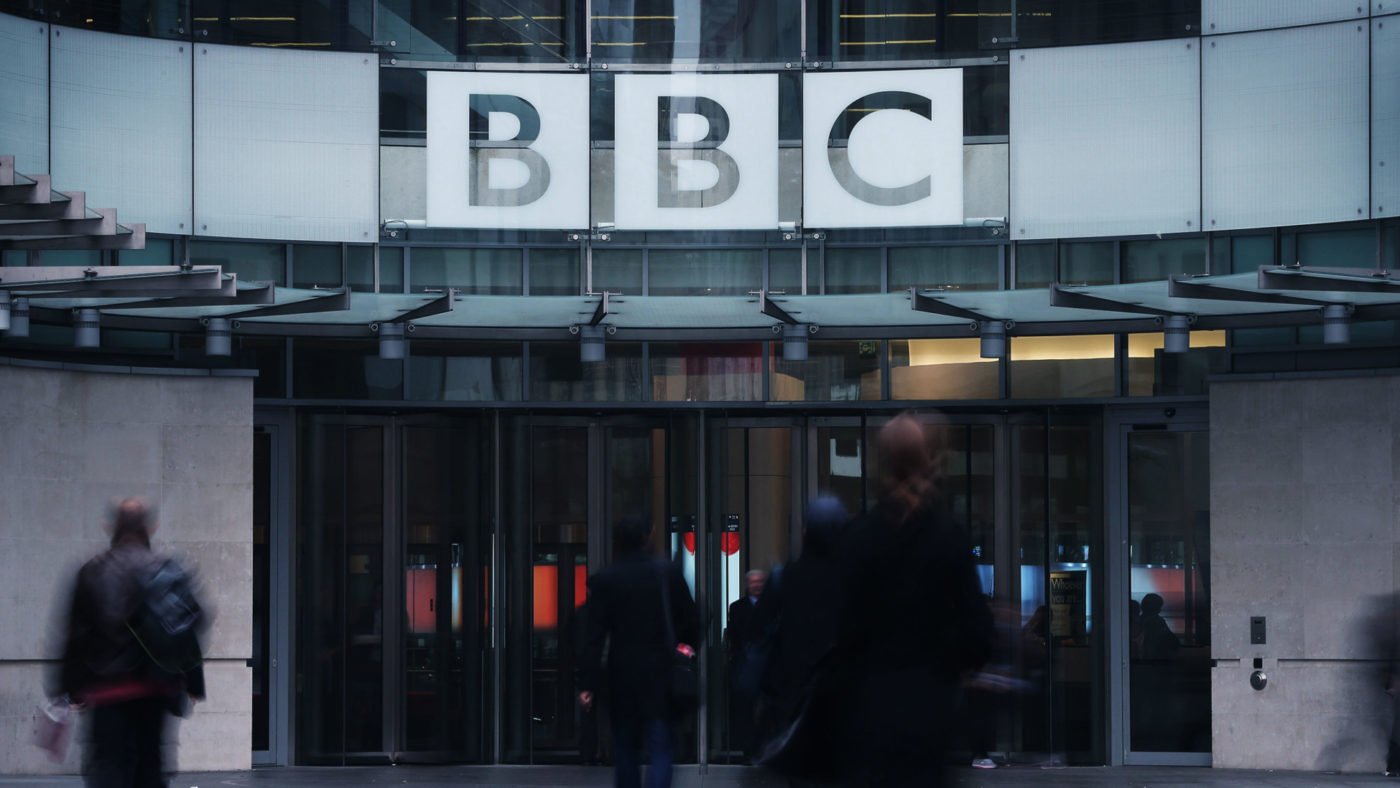Earlier this week, Jeremy Corbyn indulged in an extraordinary, and highly contradictory, rant. In a video uploaded to Twitter, the Labour leader accused the press of having gone “a bit James Bond” in their response to the allegations surrounding Corbyn’s visit to Communist Czechoslovakia in the 1980s.
In the last few days The Sun, The Mail, The Telegraph and The Express have gone a little bit James Bond.
We’ve got news for the billionaire, tax exile press barons: Change is coming. pic.twitter.com/3ehSKfaAgZ
— Jeremy Corbyn (@jeremycorbyn) February 20, 2018
He spoke of “billionaire tax exiles” controlling UK media, while cheering the declining influence of the print press. If newspapers are less powerful than ever before, why the need for additional regulation now? Moreover, as Charlotte Henry pointed out on CapX this week, if the allegations levelled at Corbyn are, as he claims, genuinely defamatory, then why not use existing laws to sue these shady press barons?
“We don’t want to close down” the free press, he said, before delivering his ominous threat: “change is coming”.
In the same week that the Leader of the Opposition urged further regulation of print media, we learnt that the BBC’s annual licence fee is set to rise, breaking the £150 barrier for the first time.
Seemingly unrelated events perhaps, but their close proximity underlines the problem with overstating the influence of “press barons”, or, indeed, print journalism more generally, while ignoring the BBC’s vast reach and power.
The influence of Britain’s printed press on the political sphere is diminishing. With a few exceptions, circulation figures are falling, reflecting the rise of new media. Gone are the days when newspapers can seriously claim to have tipped the balance of power — as The Sun did following the 1992 general election, with its famous headline “It’s the Sun Wot Won It.”
As Matt Kilcoyne of the Adam Smith Institute has pointed out, the Internet has removed many of the barriers to entry for new arrivals. We are also less loyal readers than ever before, consuming news in a multifaceted way. A recent Pew survey found that just 35 per cent of online news consumers have a favourite website, with most using multiple sites to get their information.
So, in many ways, the media landscape is becoming more liberal and pluralistic. There is one exception: the BBC.
Our state broadcaster enjoys a near-monopolistic, and growing, share of televised news output. This is particularly noteworthy, since, despite the growing importance of the Internet, TV remains the most-used platform for news.
The latest Ofcom data on UK viewing habits shows that 75 per cent of people get their broadcast news from the corporation — more than five times the share of its nearest rival, ITV, and 10 times more than Sky. The public would surely regard such a high market share as intolerable were it to exist in the private sector.
The guaranteed £3.7 billion a year from the licence fee has enabled the Beeb to undercut its rivals, stifling both creative industries and private competitors. The BBC’s expansion in local news, for example, had the effect of suffocating Britain’s regional press, putting hundreds of independent news outlets, including family-run provincial papers and local chains, out of business. Online, its free and ad-free offering makes life harder for everyone else.
Importantly, on certain issues, the Beeb seems to be out of step with large swathes of the population. One recent analysis by the Institute of Economic Affairs found that, since the referendum, Eurosceptics have been under-represented in key flagship BBC programmes like Question Time. Another examination revealed widespread “selection bias” in depictions of capitalism. On Radio 4’s Thought for the Day, for example, negative portrayals of business were found to outnumber positive portrayals by a factor of more than eight to one .
Of course, all institutions, to some degree, will exhibit bias (whether consciously or not). However, the BBC’s reach, the compulsory nature of the licence fee and its status as a state broadcaster, mean that conversations of bias and influence should weigh more heavily at Auntie than anywhere else. Everyone with a TV must pay the licence fee, and so they have a right to expect fair treatment from that broadcaster. There’s a social contract at play here that simply doesn’t exist with private news providers.
Many on the Left attribute a kind of mind control to the Murdoch press and the Daily Mail. Given changing consumption habits, we know this to be hyperbolic and overblown. Yet even if the myth of the all-powerful press baron were true, buying The Times or The Sun remains a voluntary undertaking. Unlike the print press, we must pay for the BBC or risk jail.


